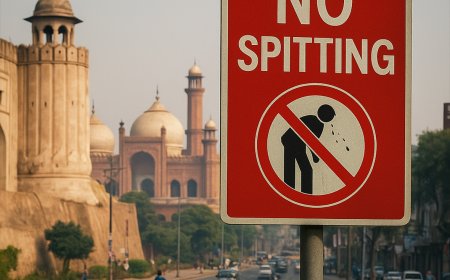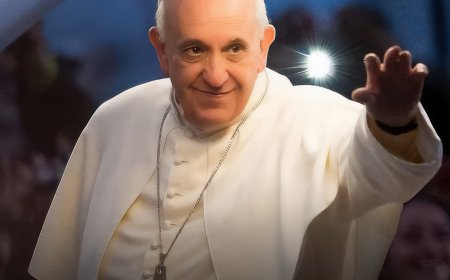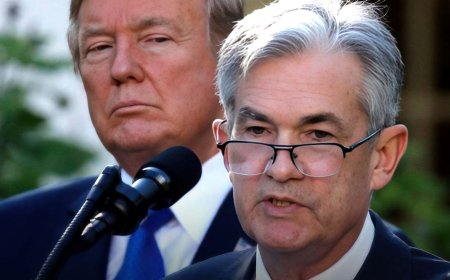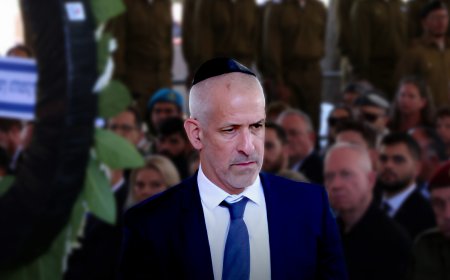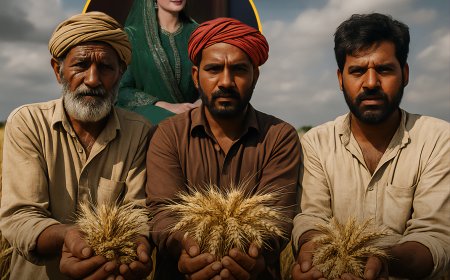Former Indian PM Manmohan Singh Passes Away at 92, Leaving a Legacy of Economic Transformation
Manmohan Singh, India’s 13th Prime Minister and the nation’s first Sikh leader, passed away at the age of 92 on Thursday.
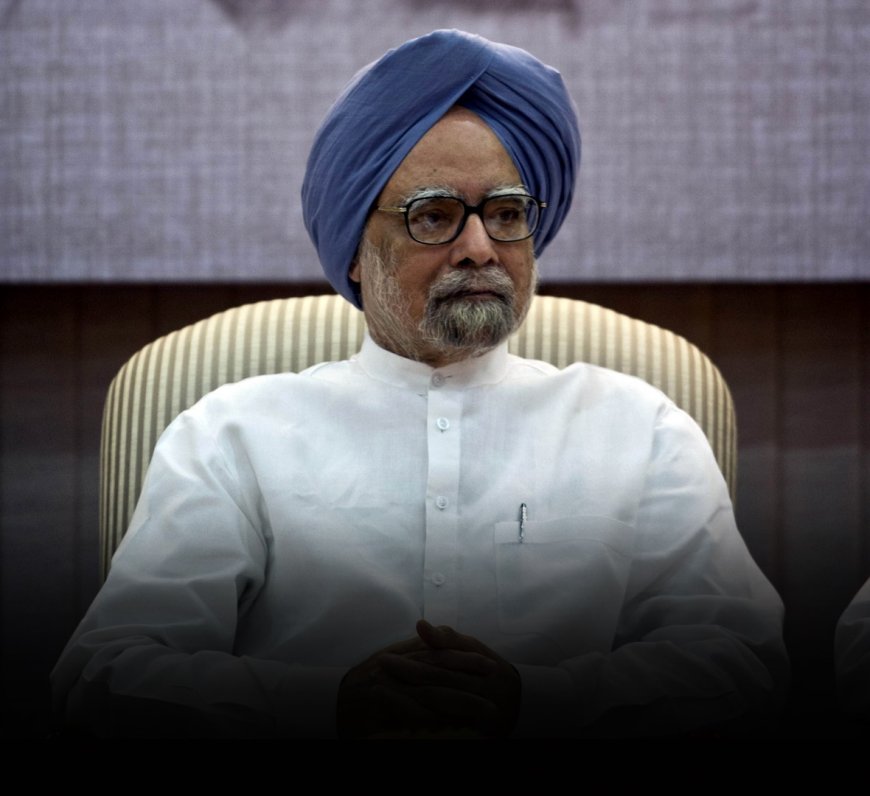
Manmohan Singh, India’s 13th Prime Minister and the nation’s first Sikh leader, passed away at the age of 92 on Thursday. Known for his humility, intellect, and groundbreaking contributions to India’s economy, Singh died in a Delhi hospital after a sudden loss of consciousness and age-related health issues. His death marks the end of an era for a leader who profoundly shaped India’s economic and political landscape.
Indian Prime Minister Narendra Modi offered heartfelt condolences, stating, “India mourns the loss of one of its most distinguished leaders, Dr. Manmohan Singh Ji.” Modi commended Singh’s transformative role in India’s growth, which lifted millions out of poverty and positioned India as a global economic power.
A Life of Humble Beginnings and Academic Excellence
Born in 1932 in what is now Pakistan, Manmohan Singh’s journey from a small village to international recognition is a tale of relentless perseverance. He grew up in poverty, studying by candlelight to earn a scholarship to Cambridge University. Later, Singh completed his doctorate at Oxford, focusing on the role of trade and exports in India’s economic growth.
His brilliance as an economist saw him serve as India’s central bank governor and a government advisor. Despite these accolades, Singh had no political aspirations until fate intervened in 1991.
The Architect of India’s Economic Liberalization
As Finance Minister from 1991 to 1996, Singh spearheaded landmark economic reforms that opened India to globalization, addressing a crippling balance of payments crisis. His policies, which included deregulation and privatization, revitalized India’s stagnant economy.
In his maiden budget speech, Singh invoked Victor Hugo, saying, “No power on earth can stop an idea whose time has come.” These words became symbolic of India’s rise as a global economic force.
An Unlikely Journey to Prime Minister
In 2004, Singh’s ascension to the Prime Minister’s office came as a surprise. Congress Party leader Sonia Gandhi chose him to avoid potential backlash over her foreign origins. Under Singh’s leadership, India experienced a decade of robust economic growth, marked by social welfare initiatives like the Mahatma Gandhi National Rural Employment Guarantee Act (MGNREGA).
Singh’s tenure also included a historic nuclear deal with the United States in 2008, strengthening ties between the two nations.
Challenges and Controversies in Leadership
Despite his achievements, Singh’s tenure was not without challenges. Political wrangling within his coalition often hampered his economic reforms. His second term was marred by corruption scandals, though Singh himself remained untouched by allegations. Known for his simple lifestyle and integrity, Singh faced criticism for not acting decisively against corruption within his government.
Legacy and Final Years
After Congress’s defeat in 2014, Singh stepped back from public life. Reflecting on his tenure, he remarked, “I honestly believe that history will be kinder to me than the contemporary media or opposition parties.”
Manmohan Singh is survived by his wife, Gursharan Kaur, and their three daughters. His contributions to India’s economic and political fabric have ensured his place in history as a leader who quietly but effectively steered the nation toward prosperity.
What's Your Reaction?







